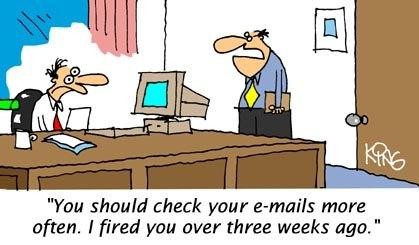An example of servant leadership happened in a restaurant last night.
My wife and I were enjoying a meal in a local restaurant. We were not enjoying our drinks, because even though we had repeatedly asked for them, the drinks failed to arrive. A waitress, Jade, who was working another table saw that we were having a problem. When we told her she went off to the bar, spoke to the barman and came back immediately with our drinks.
Later when we wanted to pay we could not find out waitress – the same waitress that never managed to find our drinks. So Jade once again came to the rescue and sorted out our bill. At her own initiative she took the drinks off the bill because (as she put it) we shouldn’t have to pay for drinks that took so long to arrive.
Remember that Jade was not our waitress, and was not even working our table. She saw and solved a problem in her workplace. She made a very grumpy customer a lot happier, and she possibly made the difference in us going back there. I asked for her name because we want to make sure that she serves us next time we eat there. Jade was an ambassador and she will go far.
This is a fairly trivial example, but how often does it happen? When last did it happened to you, and what did you do? How did you action impact your business, or the people around you?





 According to
According to